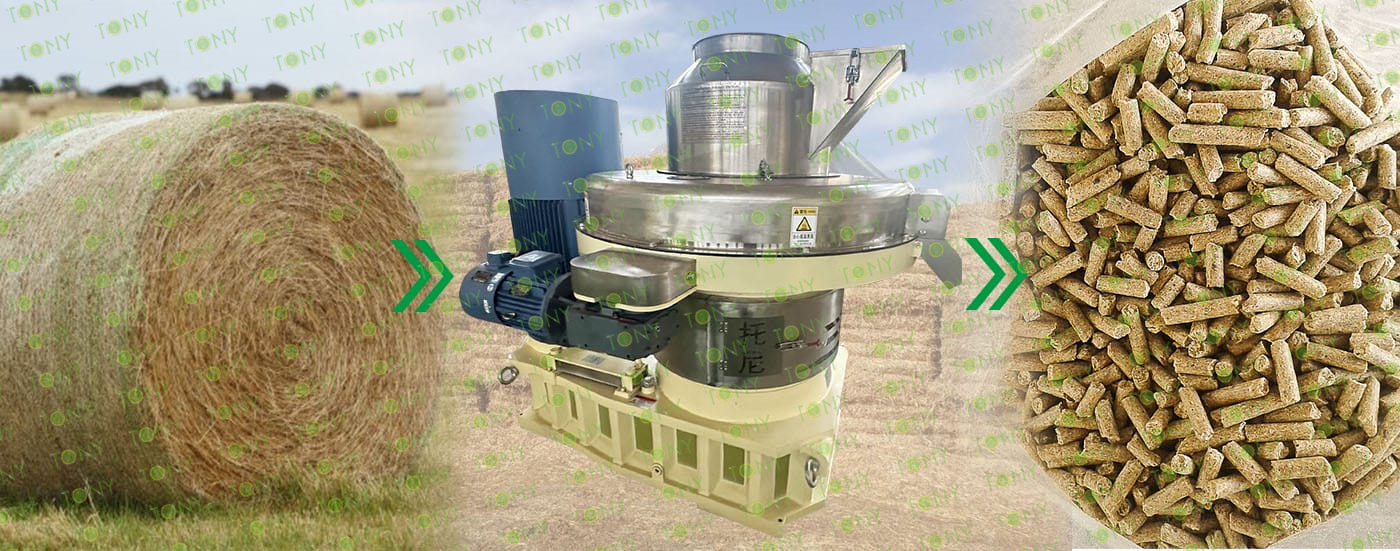By focusing on the current situation and future development trends of the biomass energy industry, the biomass energy industry is the "second agriculture" and will become a green emerging industry. Accelerate the development of China's biomass energy industry.
The greatest contribution of biomass is that it has completely overturned the raw material concept of biomass energy. Previously, the raw materials were limited, but through biomass thermochemistry, the scope of raw materials has been expanded, ranging from waste liquid from papermaking to straw, from discarded wood materials to household garbage, and even to energy shrubs and grasses. In the future, there will no longer be misunderstandings and prejudices about the limited raw materials for biomass energy. The biomass pellet machine has brought about a revolution in raw materials for the entire biomass industry. The biomass pellet machine energy industry is bound to become a major trend sooner or later.

"Second agriculture" refers to the utilization of agricultural residues/wastes and the thermochemical transformation of wood fibers. Agriculture is not only about using cultivated land to produce "main products" such as grain, cotton and oil, but also further producing meat, eggs and milk. Instead, it can "advance in breadth and depth", that is, not only make full use of all the products of traditional agriculture (" primary agriculture "), including the so-called residues and waste, but also make full use of the marginal land that is not suitable or cannot be utilized by traditional agriculture to produce a considerable amount of biomass raw materials for further production of bioenergy and biomaterials.
The "second agriculture" will strongly promote the biomass industry to eventually become a green emerging industry. It has brought unprecedented great opportunities to the biomass industry, which will strongly promote the biomass industry to eventually become a green emerging industry. Conversely, the continuous new breakthroughs in the biomass industry will further enrich and enhance the connotation of the "second agriculture".





















